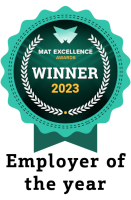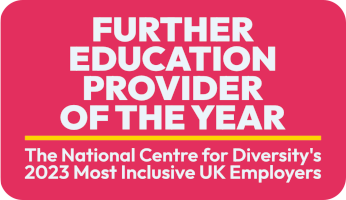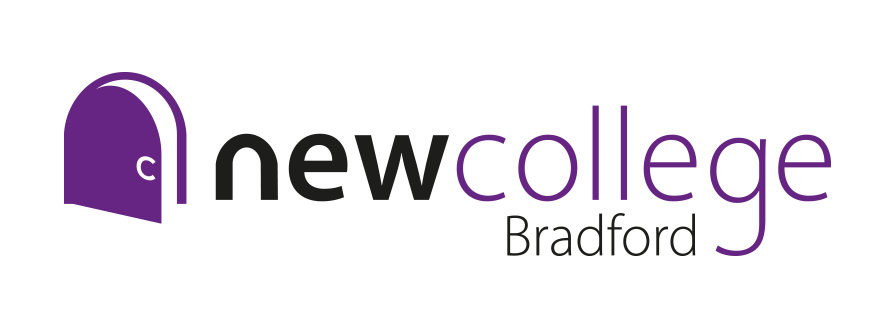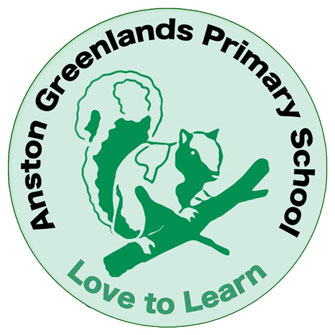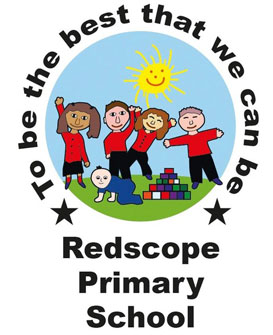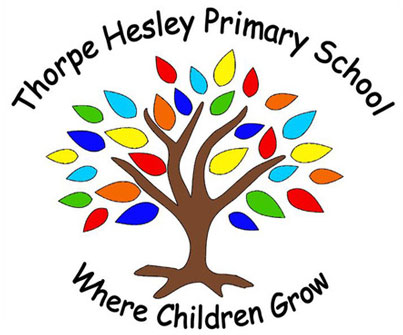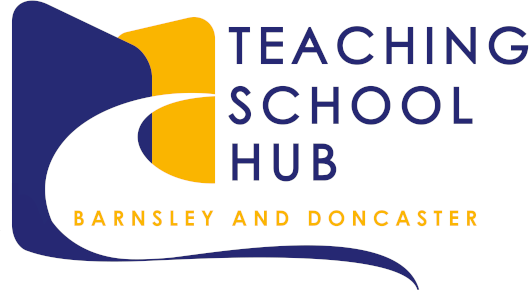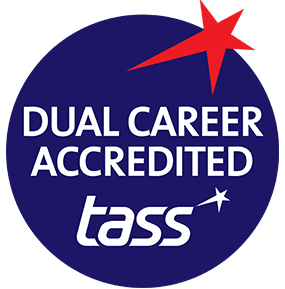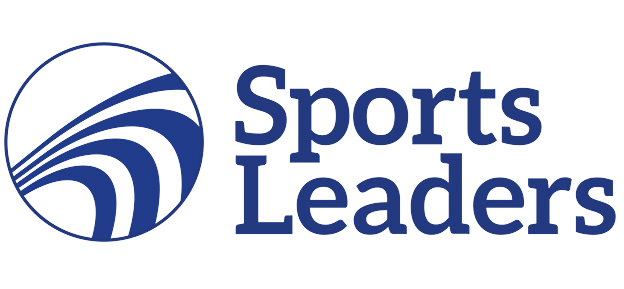- Fundamentals of science: You will study topics ranging from cells, atomic structure and bonding to forces and circuits.
- Science in society: you will examine how science is communicated to a variety of different audiences.
- Investigating science: you will develop your scientific skills including planning, recording and interpreting data and analysing and evaluating your own scientific findings.
- Applied Science: two units in which you further develop your theory and practical skills.
What are lessons like in this subject?
What will I study?
What our
students
This course allows people to develop on their scientific skills as well as other skills which they can use in life with the help from the supportive teachers who will help you discover jobs in science industry other careers whilst being supportive with your exams.
Alfred Goodwin, The Hayfield School
Science (Applied)
Please note: Subject videos have been filmed from colleges across our Trust.

